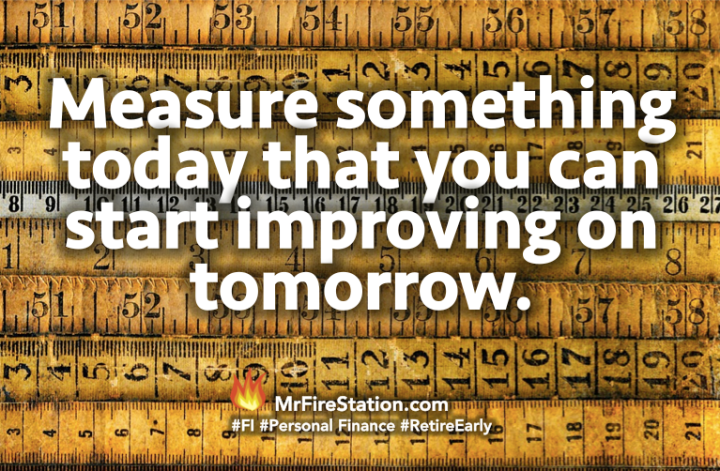
One of the things I enjoyed about working was coming in every morning and looking at the sales & volume numbers of the businesses I worked on. Each day, we would get a Daily Volume Report that showed how many cases of cookies, canned soup, frozen pizzas, or yogurt cups had been ordered by our grocery customers and every Monday morning we would see how much product was sold by those grocery stores, in which places, and at what price. From that we could determine the effectiveness of our TV advertising, price promotions, new products and more.
I grew up a fan of baseball and other sports, and really enjoyed analyzing the statistics of my favorite teams or players. That carried over into the business world and I was pretty good at quickly analyzing the sales trends and making decisions on what to do next. . In business (and sports) numbers help you understand trends and measure the impact of different activities. One of my first bosses passed on the maxim “if you can’t measure it, you can’t do anything about it”.
It will be no surprise to my former colleagues that I continue to apply these skills in early retirement. Starting about two years ago, I began tracking my daily fitness activity and calories. I wanted to have a good baseline understanding of my lifestyle before I stopped working.
This has continued into early retirement. I can tell you with great certainty that last year I took 4,041,375 steps and consumed 1,022,837 calories. That worked out to about 11,100 steps a day and 2,800 calories a day. Using my Dad’s logic – in early retirement my health is now my job – so I track these key health inputs everyday using apps on my iPhone.
This year, I have increased my average steps per day by 12.6% (to 12,500) and reduced my daily calorie consumption by 17.0% (to 2,323). A good year overall.
It’s not a perfect system because one step isn’t necessarily equal to another step and one calorie isn’t necessarily as good as another calorie. I could get a steps walking in and out of Home Depot, or much ‘better’ steps playing tennis or running on the treadmill. I could get a calories from a healthy salad, or I could get a calorie from an ice cream sundae.
That said, steps and calories are still good basic units because they are easily ‘manageable & measurable’.
I once had a boss who emphasized the importance of those two things when diagnosing businesses. There are many things you could include in an analysis, but if you cannot get consistent, reliable and validated data as inputs, it is not manageable and as a result, it may not be able to ever measure something perfectly. Put simply, it is better to be generally right about something than to seek perfect data that allows you to ‘track the fall of every swallow’.
In the end, I know my high level analysis is working, because I see it reflected in my fitness. I’ve dropped 23 pounds since I retired, a few inches on my waistband, and my tennis game is as good as it has been in a long time. I play the same few guys once or twice a week throughout the summer and have improved my win percentage from 55% last year to 85% this year. That’s a big improvement that I attribute to carrying 23 less pounds around the court – making it easier to move quickly – and increasing my stamina on long rallies. More steps and less calories have made a difference.
By my very nature, I think I will likely be able to stick with my tracking system for a long time. I recently started tracking the balance of my calories between carbs:fats:proteins and my daily milligrams of cholesterol. I should also probably start tracking my fruits & vegetables servings each day.
Are you tracker by nature? Outside of finances, what key lifestyle inputs do you regularly track?

Impressive!
I wonder, Is a shapes cookie calorie the same as a sweet roll calorie?
LikeLiked by 1 person
They are certainly the same to me!
Hey, watch your (R) next time on those cookies!
LikeLiked by 1 person
I am a data nerd too. I have tracked savings, calories, weight loss, exercise, my music cds, etc. All of those metrics improved. I know this tracking quality absolutely helps us progress to our goals/projects. The data doesn’t lie, but you can lie with statistics…
LikeLiked by 2 people
No doubt, measuring things keeps us accountable to ourselves!
LikeLike